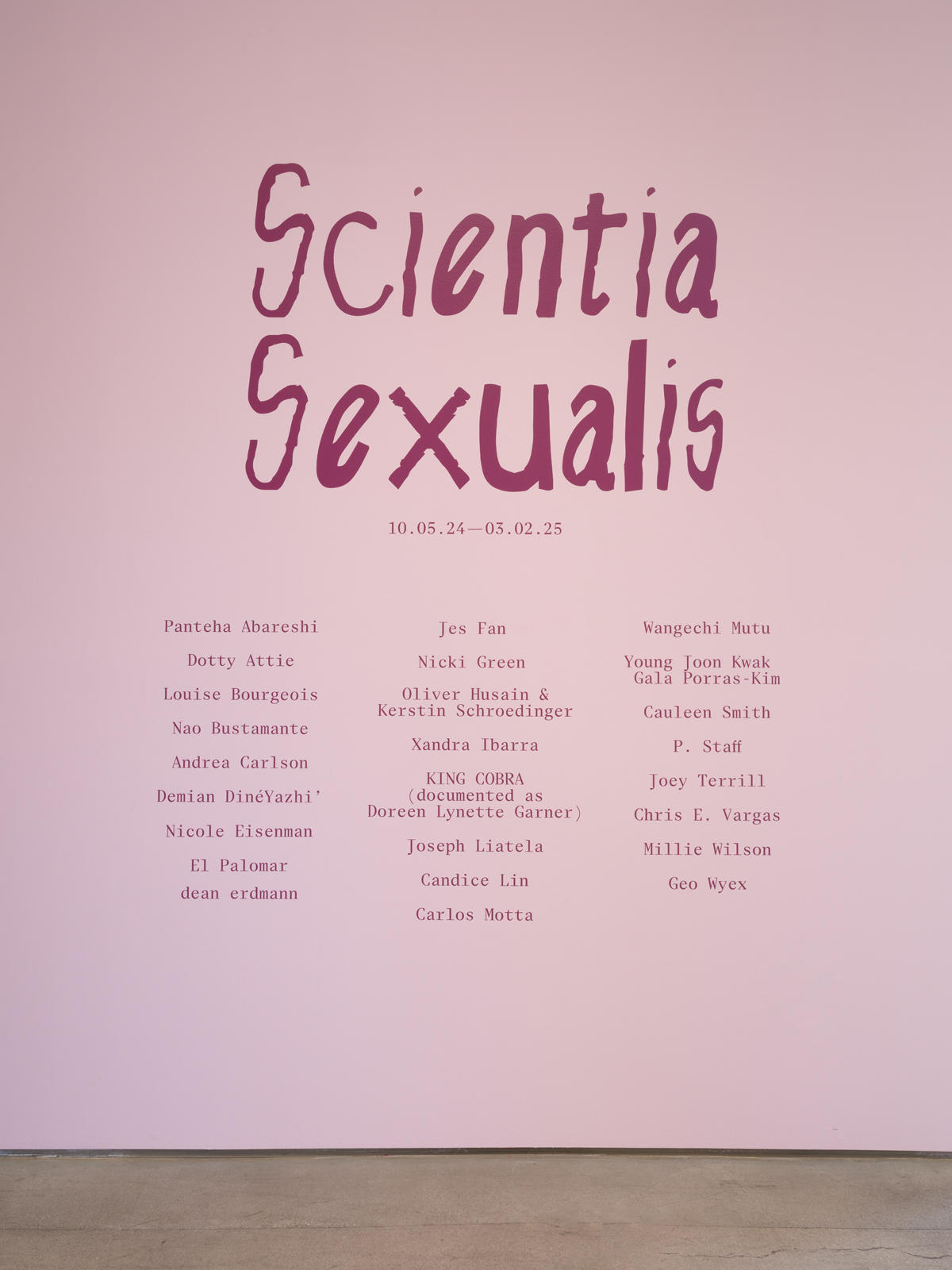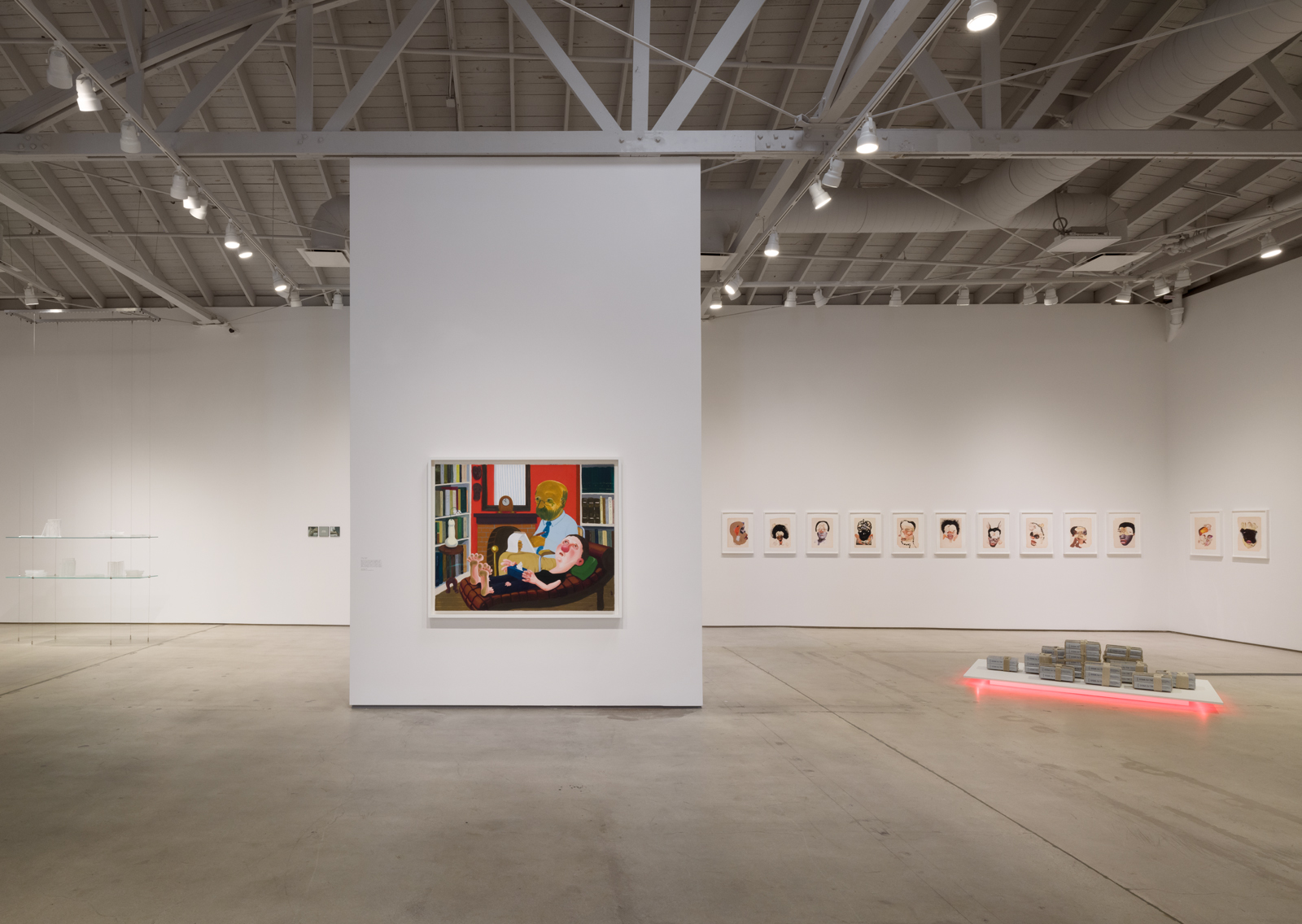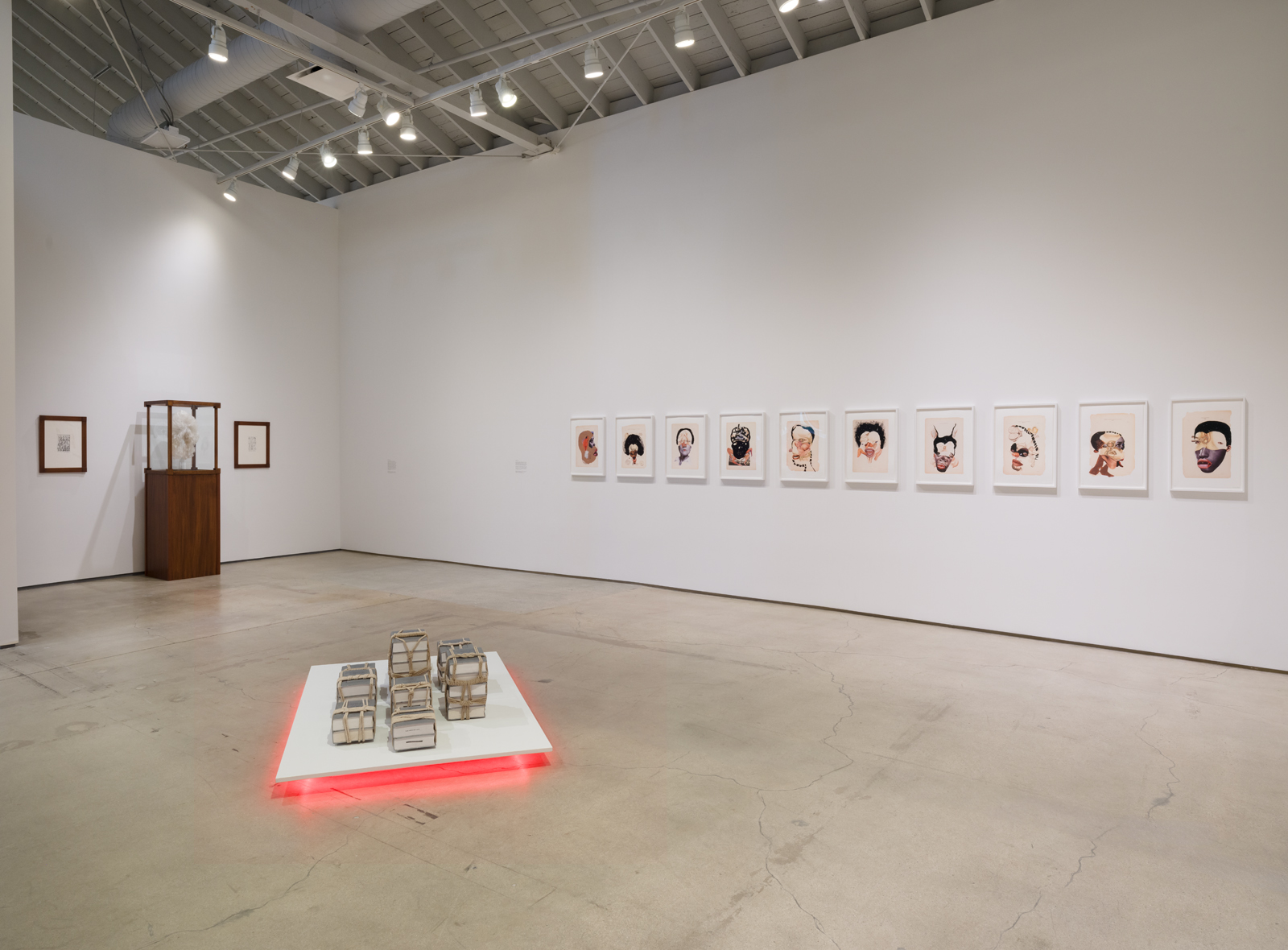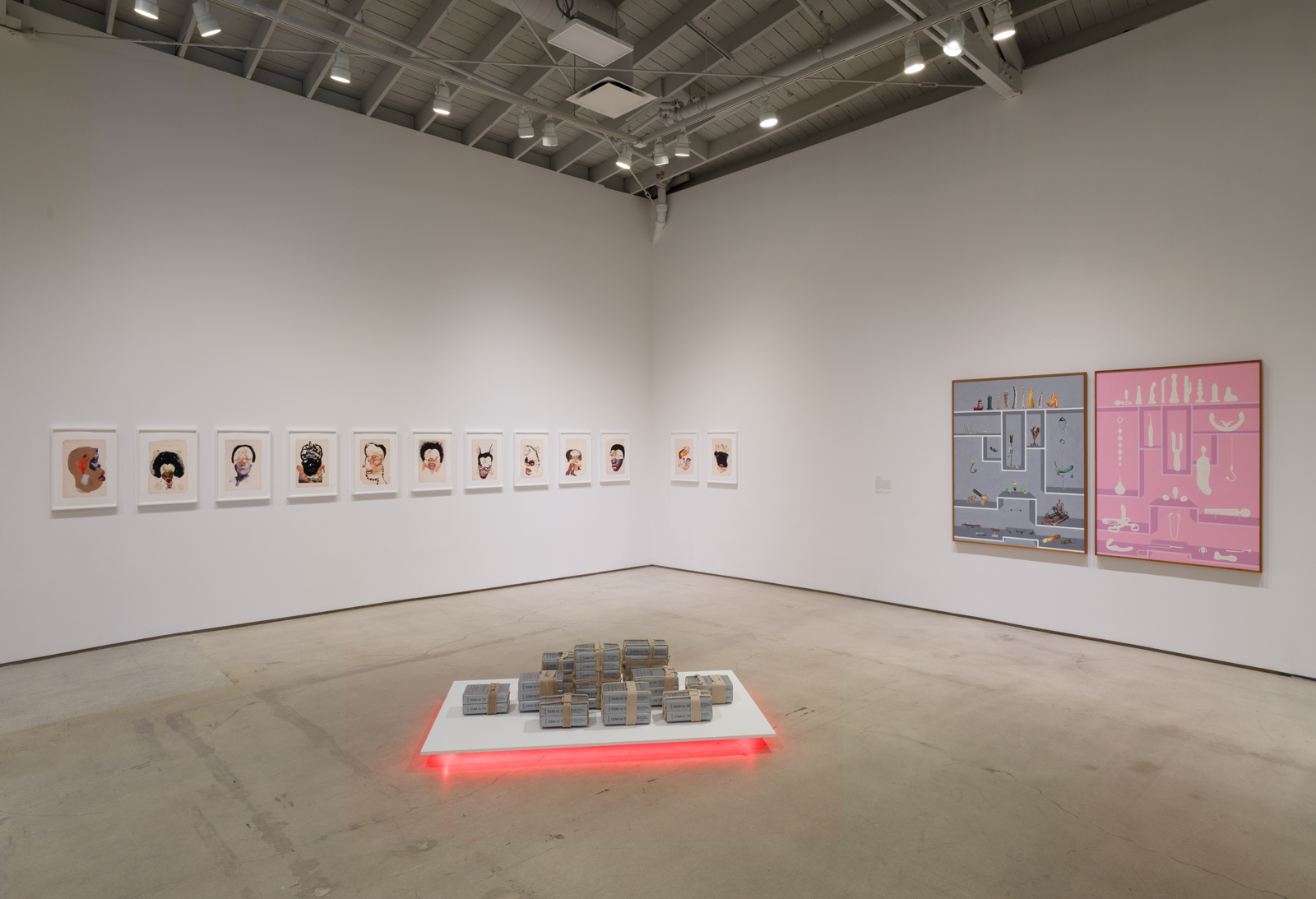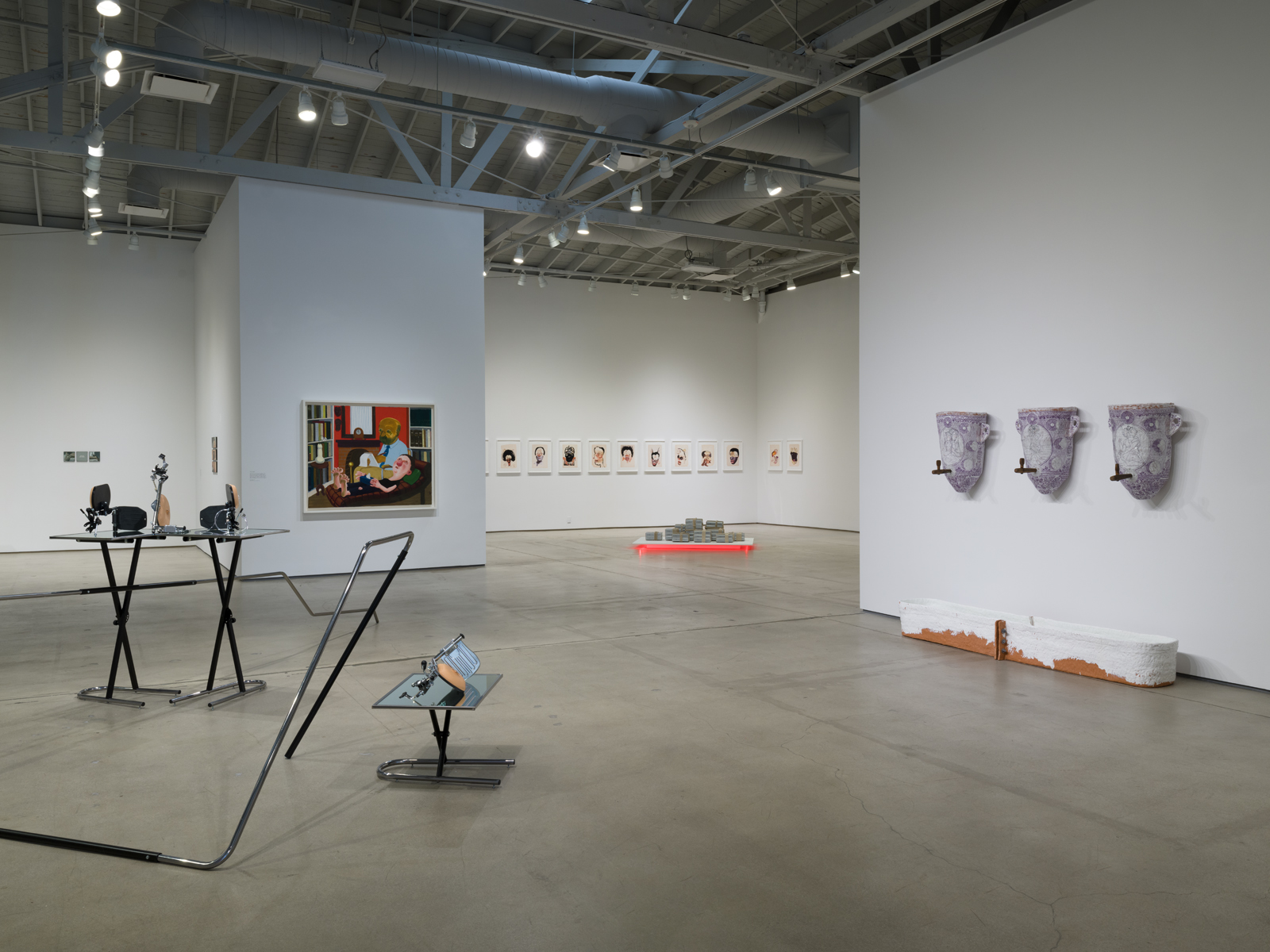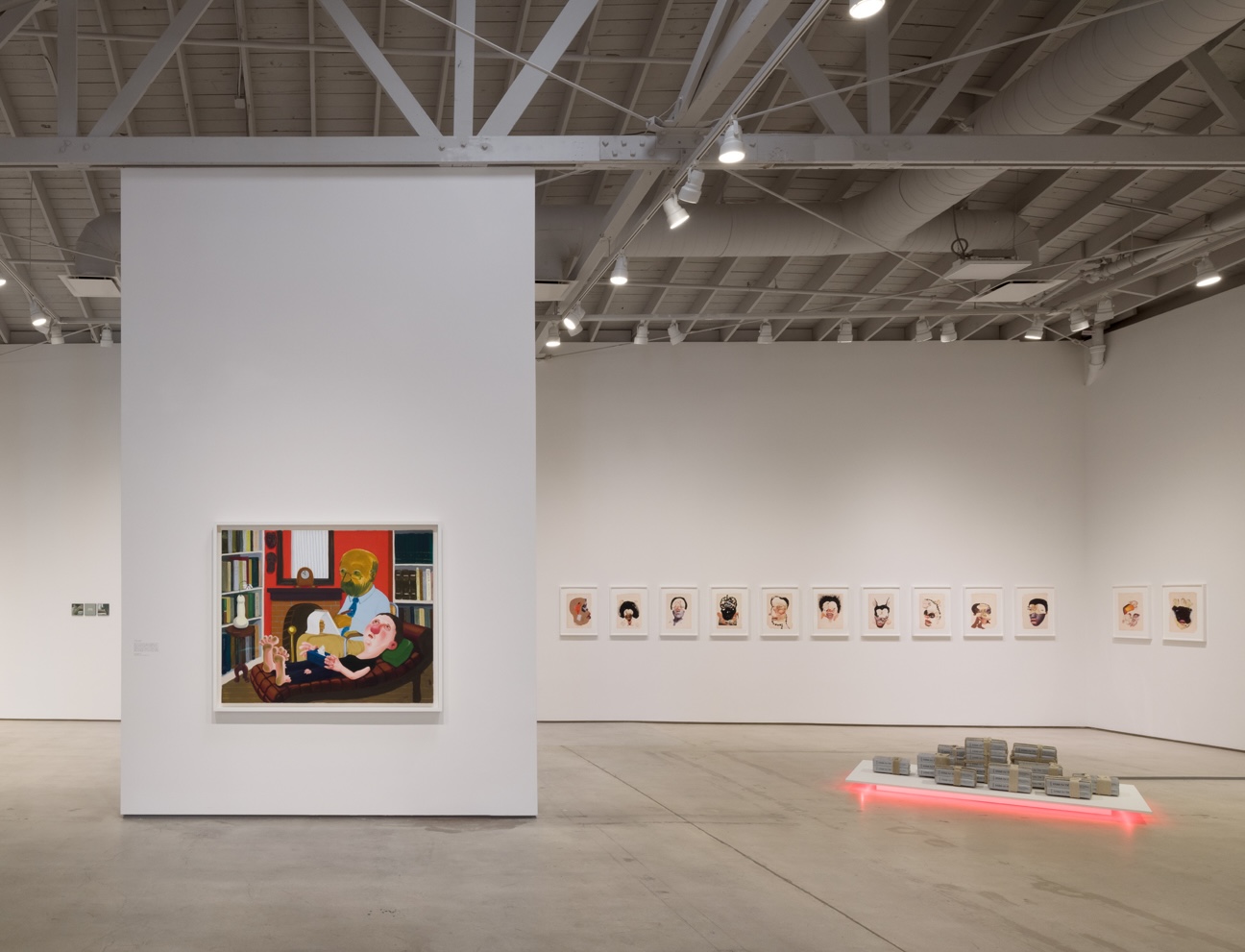

Installation view, Scientia Sexualis, Institute of Contemporary Art, Los Angeles, October 5, 2024 – March 2, 2025. Photo: Jeff McLane/ICA LA
Vielmetter Los Angeles is excited to announce the inclusion of works by Nicole Eisenman and Wangechi Mutu in the exhibition Scientia Sexualis at the ICA LA opening October 5th. The exhibition will be on view through March 2, 2025.
Scientia Sexualis is an ambitious group survey of contemporary artists whose work confronts, dissolves, and reimagines sex and gender within the scientific apparatus. Organized by Jennifer Doyle (Professor of English, University of California, Riverside) and Jeanne Vaccaro (Assistant Professor of Transgender Studies and Museum Studies, University of Kansas), the exhibition will take place in fall 2024 as part of a collaboration across arts institutions throughout Southern California led by the Getty known as Pacific Standard Time, and will be accompanied by a major scholarly publication produced by ICA LA.
Scientia Sexualis centers research-driven interventions into raced and gendered assumptions that structure scientific disciplines governing our sense of the sexual body. The artists in this exhibition bring attention to the material, conceptual, and psychic forms of the lab and the clinic as aesthetics that operate across scientific and artistic discourses. The exhibition catalogue will feature new writing by leading interdisciplinary scholars who will map key concepts (sex, race, Indigeneity), materials (instruments, specimens, biomatter), and disciplines (psychiatry, anthropology, reproductive medicine) that the artists engage through their work. Together with the catalogue and related programming, Scientia Sexualis aims to examine and reconfigure the relationship between art and science and, in turn, to create an alternative access point to the history of science where sex, gender, and pleasure are concerned.
Read more about it here

